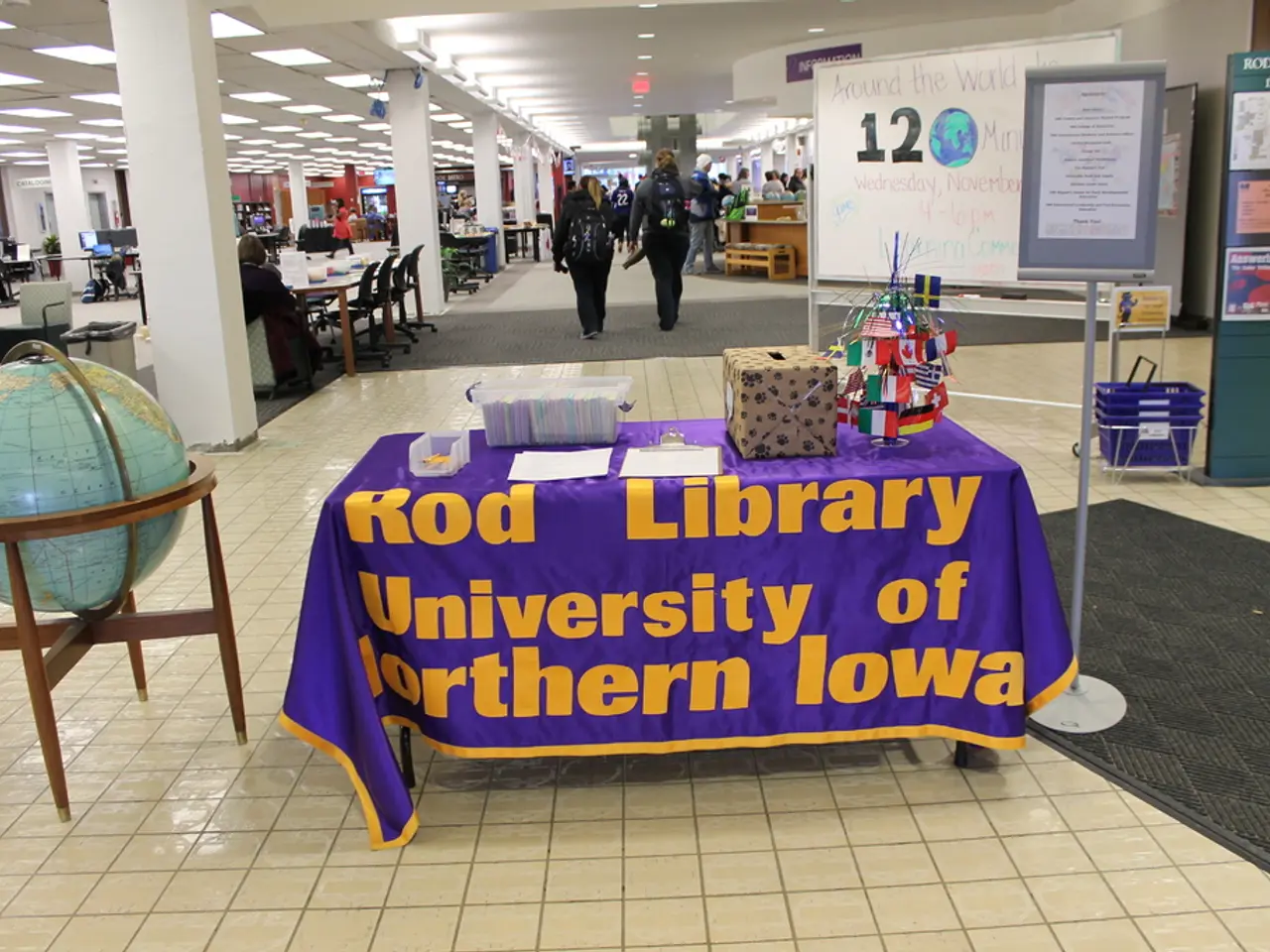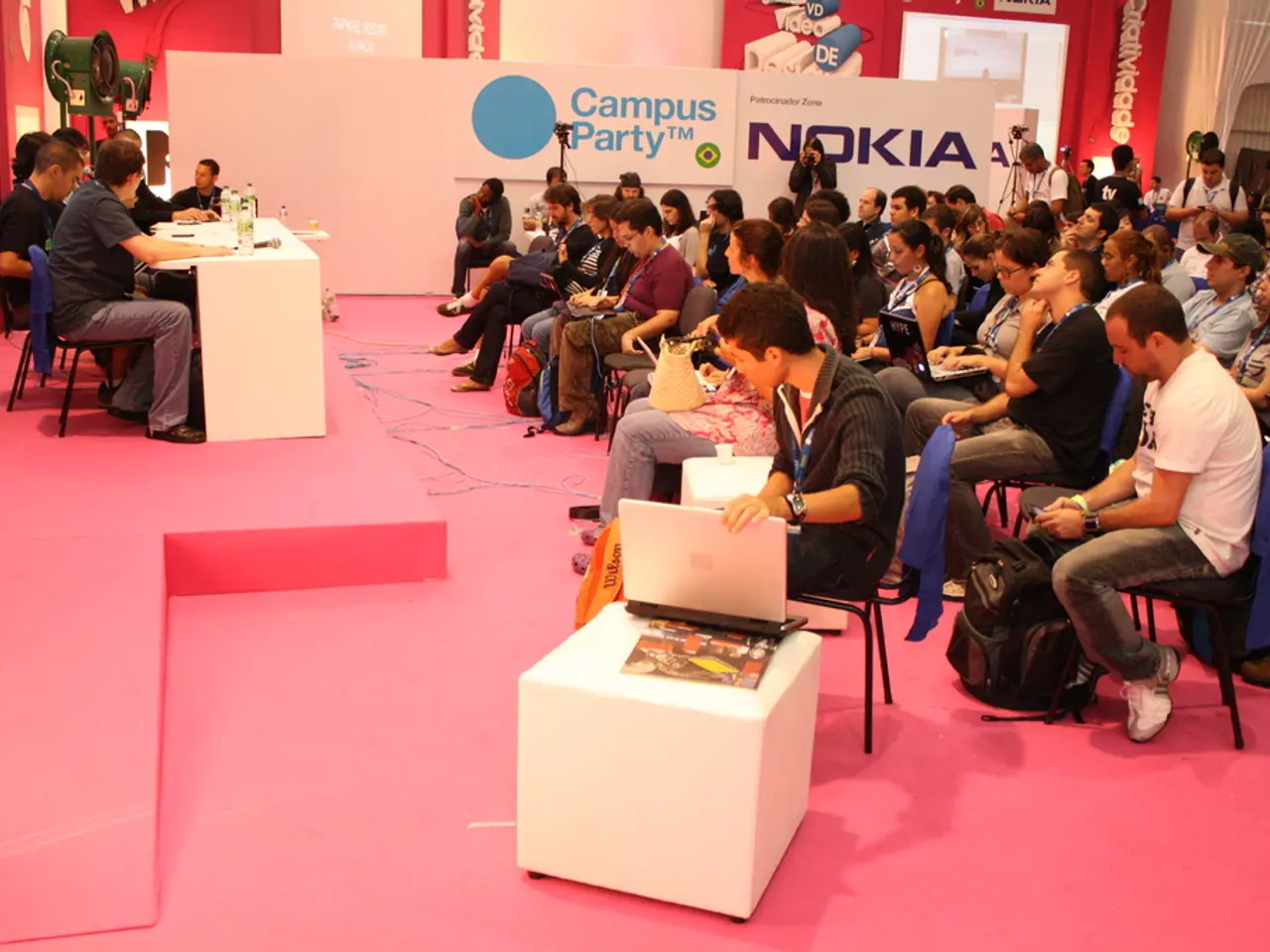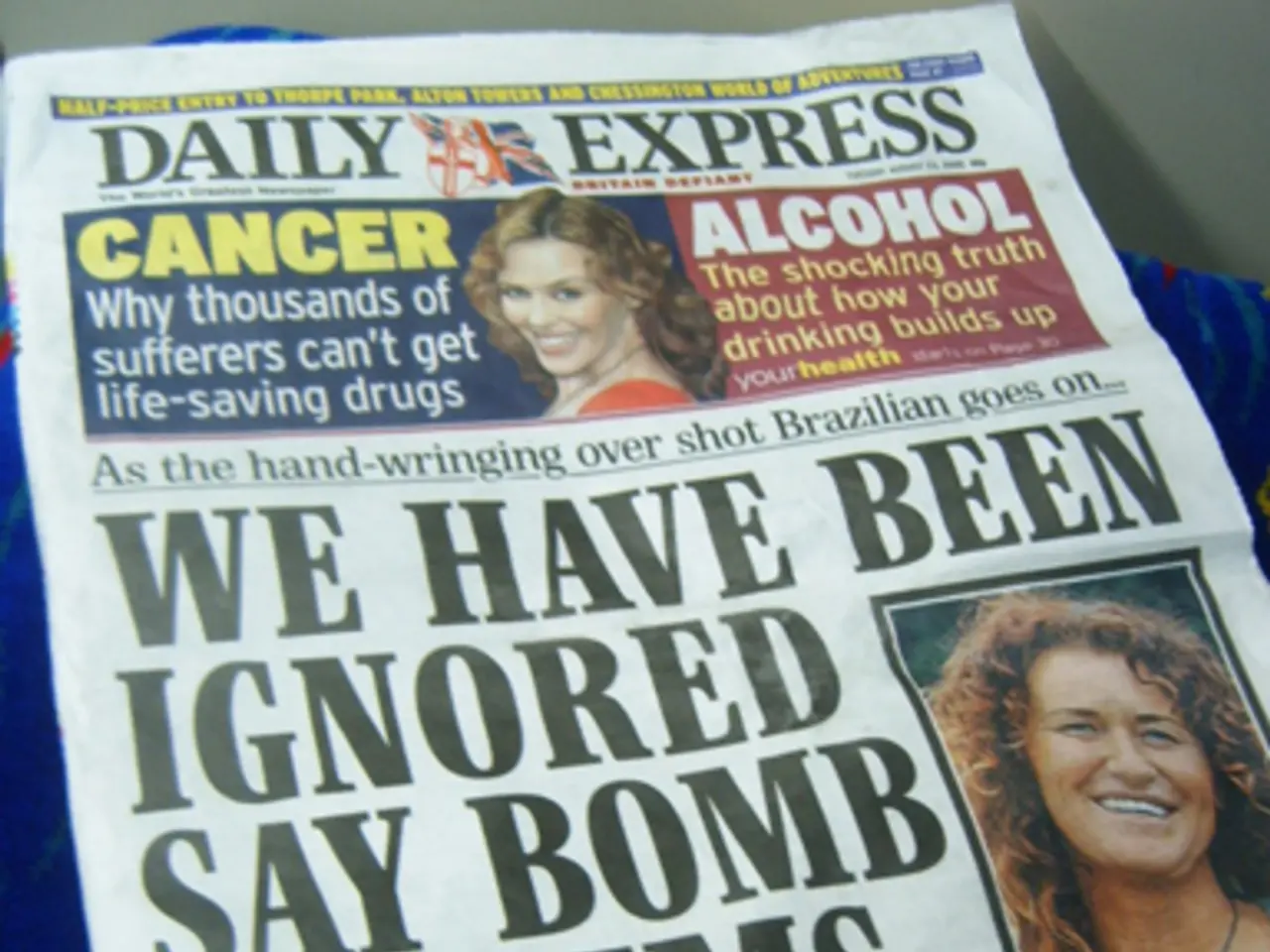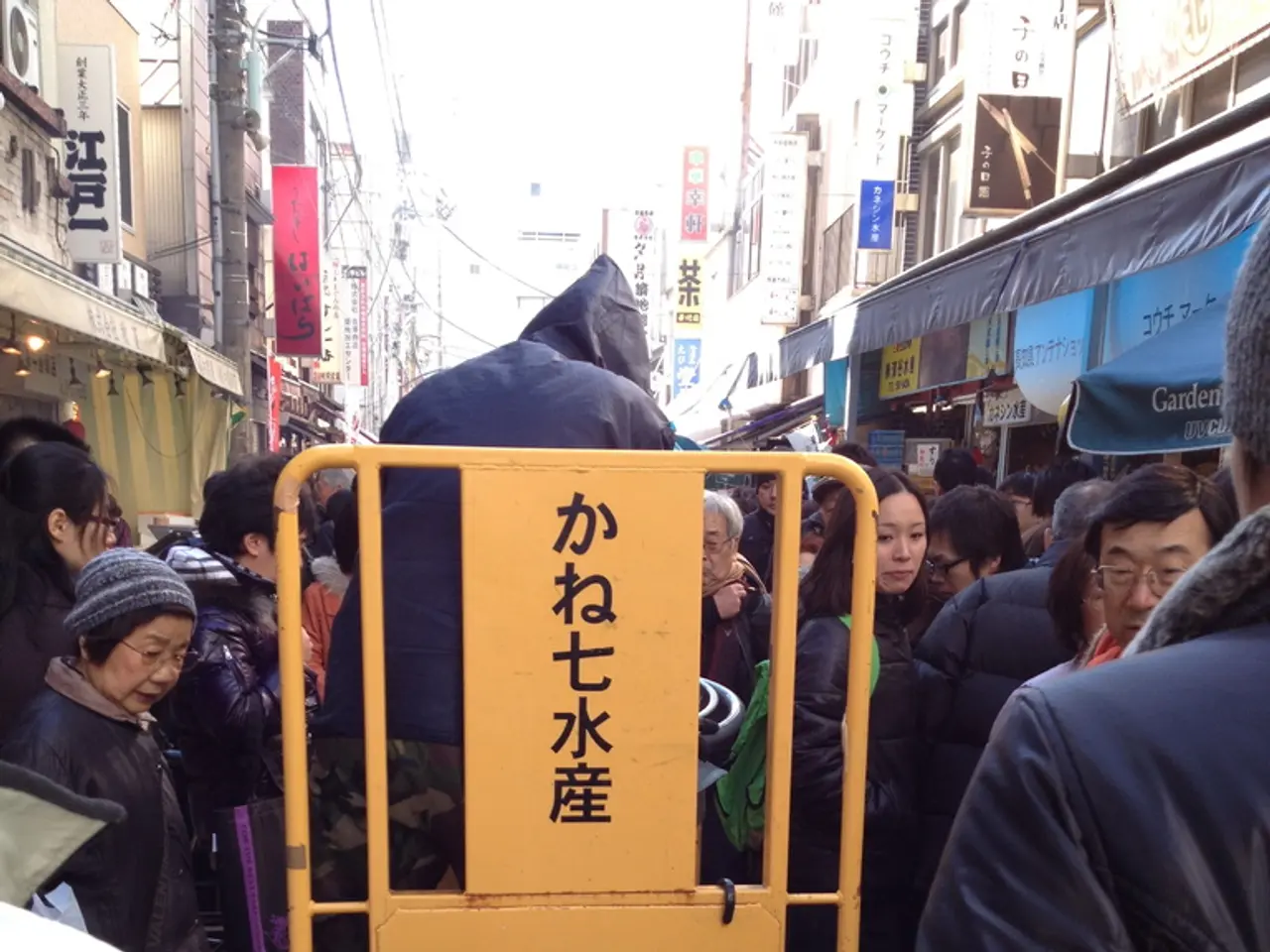Atomic bombing anniversaries of Hiroshima and Nagasaki commemorated by Munich's peace agreement signing
Munich, Germany, is remembering the victims of the atomic bombings and setting a sign against the use of nuclear weapons with a thought-provoking exhibition at the Museum Five Continents. "From Inferno to Peace Symbol. 80 Years of Hiroshima and Nagasaki" has been running since early July and will continue until January 11, 2026.
The exhibition, in cooperation with the Japan Center of Ludwig-Maximilians-Universität (LMU) and conceived by the Hiroshima Peace Memorial Museum and the Nagasaki Atomic Bomb Museum, commemorates the devastating attacks on August 6 and 9, 1945, which resulted in the deaths of over 100,000 people.
The exhibition aims to educate the public on the humanitarian impact of nuclear weapons and encourage a culture of peace and disarmament. It does so through art, history, and science presentations, providing a powerful reminder of the destructive power of nuclear arms.
In addition to this exhibition, the city of Munich is also displaying "Mayors for Peace" flags at the town hall at Marienplatz until the following Sunday, August 10. The "Mayors for Peace" network, comprising over 8,500 cities in 166 countries and regions, is an international network committed to peace. Munich has been a member of this network since 2005.
The city's active commitment to the goals of 'Mayors for Peace' is further underscored by the setting of the peace sign in Munich. This symbolic gesture is intended to underscore the demand for a departure from nuclear weapons.
While Munich itself may not be leading specific nuclear disarmament campaigns, it contributes to the global dialogue on nuclear disarmament and peace primarily through cultural and educational initiatives. Cities like Munich play a crucial role in fostering public understanding and supporting international security dialogues held in venues like the Munich Security Conference.
Broader European and global initiatives continue to engage with nuclear weapons policies and disarmament discussions at governmental and specialist levels. The complex diplomatic challenge of nuclear disarmament remains a significant issue, with nuclear powers showing limited concrete progress towards full disarmament.
However, efforts in diplomacy, security policy, and research programs aimed at nuclear risk reduction and nonproliferation persist. European institutions, including the EU and related research programs, are engaged in nuclear security and clean energy transitions but often balance this with nuclear energy policies rather than outright disarmament.
Specialised academic and security fellowships, such as the Arms Control Negotiation Academy (ACONA), include experts working on nuclear security and arms control, indirectly supporting peace efforts by training future leaders and advisors in the field.
In conclusion, Munich's peaceful commemoration of the atomic bombings of Hiroshima and Nagasaki serves as a poignant reminder of the devastating impact of nuclear weapons and the urgent need for global peace and disarmament. The city's cultural and educational initiatives play a vital role in fostering public understanding and supporting international security dialogues, contributing to the broader European and global efforts in nuclear disarmament.
- Despite Munich not leading specific nuclear disarmament campaigns, the city's engagement in cultural and educational initiatives, such as the current exhibition on Hiroshima and Nagasaki, significantly contributes to the global dialogue on nuclear disarmament and peace.
- The "Mayors for Peace" network, in which Munich is a member, comprises over 8,500 cities in 166 countries and regions, aiming to encourage politics, general news, and public discourse focused on peace and disarmament, as exemplified by Munich's display of "Mayors for Peace" flags and the peace sign in the city.






